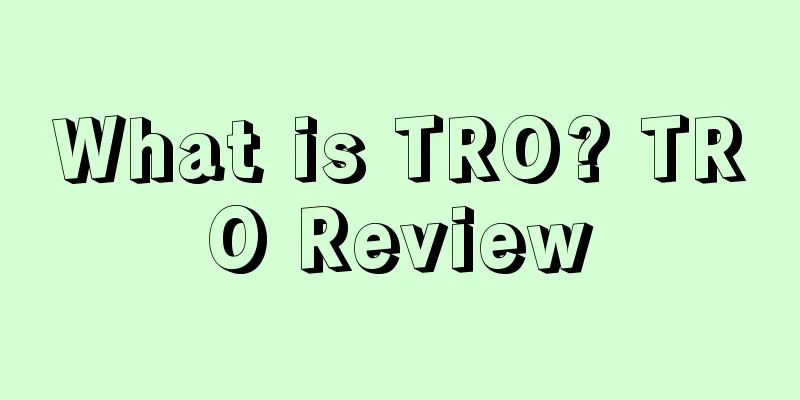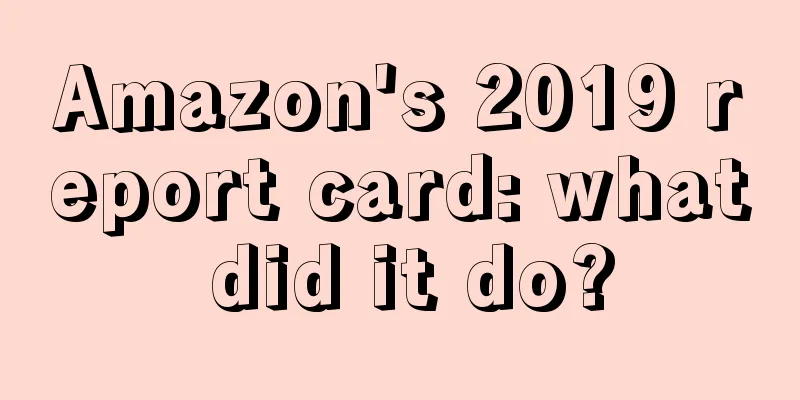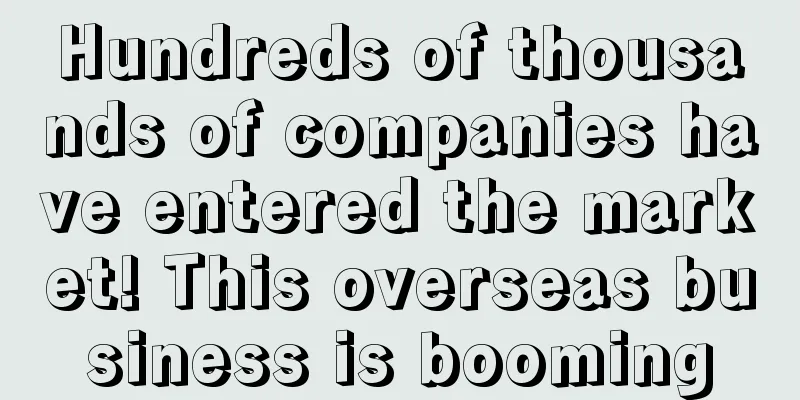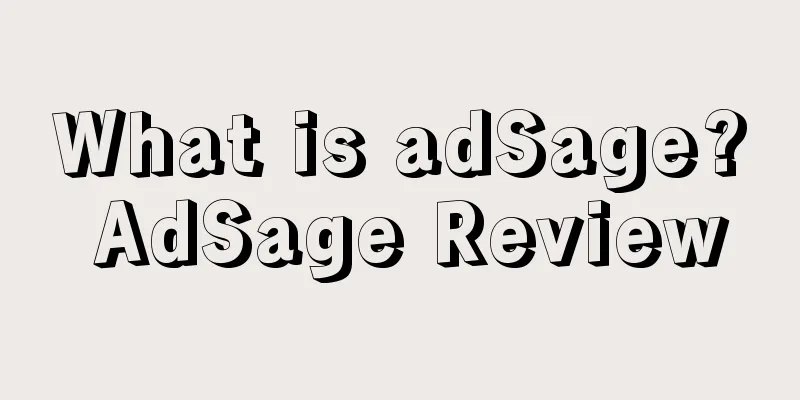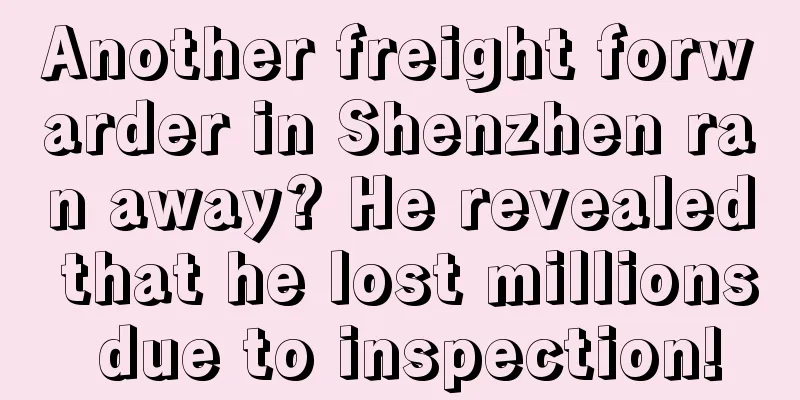What is EFTA? EFTA Review
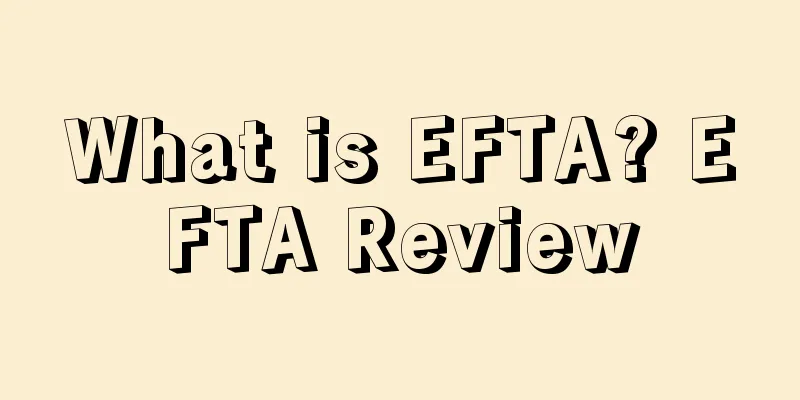
|
The European Free Trade Association is also known as the "mini-free trade zone". The seven countries of Britain, Denmark, Norway, Portugal, Switzerland, Sweden and Austria formed a free trade group for industrial products based on the "Convention Establishing the European Free Trade Association" ("Stockholm Convention") signed in January 1960. Founded on May 3, 1960 Website: http://www.efta.int/ Overview The European Free Trade Association (EFTA) is also known as the small free trade zone, the Group of Seven, or the Seven Alliance. It is a free trade zone consisting of the United Kingdom, Sweden, Norway, Switzerland, Austria, Denmark, and Portugal. In order to compete with the European Economic Community, the seven countries signed the Convention Establishing the European Free Trade Agreement on January 4, 1960, and the European Free Trade Association was formally established on May 3 of the same year. The headquarters is located in Geneva. The purpose of the EFTA is to achieve free trade in industrial products and expand agricultural product trade among member states within the alliance area; to ensure that trade between member states is carried out under fair competition conditions; to develop and expand world trade and gradually eliminate trade barriers. Its main tasks are: to gradually eliminate tariffs and other trade barriers on industrial products within member states to achieve "free trade"; to maintain different tariff rates for industrial products from other countries; to expand trade in agricultural products; and not to seek any form of European political integration. background In the 1950s, Western Europe was working to achieve a faster and more complete economic unity. Some European countries also made plans to establish an intergovernmental organization outside the OEEC. They proposed closer economic cooperation among countries and the creation of a strong central agency to jointly achieve this goal. When the European Coal and Steel Community was established, it hoped that Britain would join the organization. However, Britain relied on the trade support of the Commonwealth countries and the United States, and believed that it would lose its sovereignty and the right to control its domestic economy, so it finally refused to join. A few years later, the European Coal and Steel Community was reorganized into the European Economic Community, and its economy developed very rapidly, and it also emerged from the shadow of World War II. Britain regretted it very much and applied to join the European Economic Community several times, but French President Charles de Gaulle believed that Britain's joining would affect France's leadership in the organization, and was dissatisfied with Britain's reneging and wanting to join, so he refused to allow Britain to join. Britain had no choice but to form the European Free Trade Association with Portugal, Switzerland, Austria, Denmark, Sweden and Norway, hoping to achieve the same results as the European Economic Community, but it was not as expected, and it was always far away from the six countries. history It was officially established in May 1960 and is headquartered in Geneva. In March 1961, Finland became an associated country. Iceland officially joined in March 1970. In January 1973, the United Kingdom and Denmark withdrew and joined the European Economic Community. In January 1986, Portugal withdrew and joined the European Economic Community. On December 31, 1994, Austria, Sweden and Finland withdrew and joined the European Union. Organization The European Trade Union is mainly composed of the Council, the Standing Committee and the Secretariat. The Council is the highest authority, composed of ministers or permanent representatives of each member country, and meets twice a year. The chairman is rotated among the member countries for a term of six months. Decisions on assuming new obligations must be passed by unanimous consent, and other issues must be passed by majority. The Standing Committee has committees such as origin and tariff experts, trade experts, budget, economy, technical barriers to trade, and advisory committees. The Advisory Committee is composed of employers, trade union representatives and individuals designated by each country, and meets before each Council meeting. The Secretariat is responsible for handling daily affairs, with one Secretary-General and one Deputy Secretary-General. In addition, there is also a Supervisory Bureau, which was established in January 1993 and officially started work on January 1, 1994. It is located in Brussels and is responsible for supervising the compliance of EFTA member states with the European Economic Area Agreement. Enterprises from EFTA countries must comply with the competition principles of the European Economic Area; On January 24, 1994, the member states signed an agreement to establish the court, which is located in Geneva and consists of five judges. Its duties and powers are similar to those of the European Court of Justice. References |
<<: What is Truefitt & Hill? Truefitt & Hill Review
>>: What is ashateahouse? ashateahouse review
Recommend
What is JobGet? JobGet Review
Founded in 2019, Job Get is a mobile work platform...
What is ShipBob? ShipBob Review
ShipBob is a tech-oriented fulfillment and logisti...
Want to make some quick money? Start by choosing the right popular product on Amazon!
text The four core elements of e-commerce are: pr...
What is Xiamen Hexin? Xiamen Hexin Review
Xiamen Hexin E-commerce Co., Ltd. (formerly known ...
What is MailAmericas Express? MailAmericas Express Review
MailAmericas is a private postal operator that has...
My account was blocked on Black Friday and the website was spoofed. What did I go through in these 48 hours?
This year's Black Friday has gone, and Cyber ...
What is Voonik? Voonik Review
Voonik was founded in August 2015 and is a non-bra...
Request reviews in batches in one second! 0-cost Amazon Review acquisition tool, free your hands and request reviews safely during the epidemic
Although the current global epidemic situation is ...
High inflation leads to consumption downgrade! How should sellers prepare for this year's peak season?
<span data-docs-delta="[[20,"获悉,据外媒报道,受通货膨...
It's the end of the year, and I want to know what everyone's salary level/commission method is? In the new year, everyone should keep in touch with each other to facilitate job hunting, promotion and salary increase, job hopping...
Anonymous user My C position I understand that thi...
What is MediaGo? MediaGo Review
MediaGo is an overseas marketing platform under Ba...
These Amazon ad locations have been removed! Sellers are happy or worried...
Amazon's own brands are now in a precarious si...
What is AjMall? AjMall Review
AjMall is a fast fashion + clothing platform dedic...
Five Amazon employees were jailed for stealing goods worth 500,000 euros!
What no one expected was that another Amazon empl...
What is Dropbox? Dropbox Review
Dropbox is a very useful free network file synchro...

